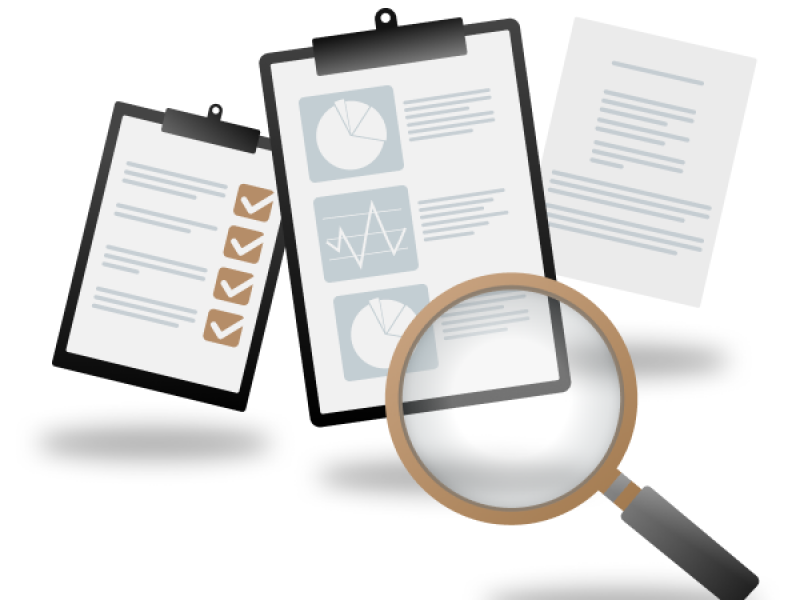Contents
What is Collateral?
Generally, collateral refers to an asset that is pledged as security or a guarantee for a loan. In the event that the borrower is unable to repay the loan, the lender has the right to seize and sell the collateral in order to recover their losses. Collateral serves as a form of protection for lenders, reducing the amount of risk associated with loan default.
When a loan requires an applicant to pledge an asset as collateral in order to guarantee the credit, it is called a secured loan. Typically, secured loans are much more flexible during the application process than unsecured loans, so they can cater to a wide range of borrowers. In the case of title loans, like title loans serviced by LoanMart, qualified borrowers will be able to use a qualifying vehicle as collateral for the loan. Keep reading to learn more about secured loans, title loans, and collateral!

Source: capital.com
What is the Role of Collateral When Applying for Title Loans?
As mentioned above, collateral is an integral part of the application process for title loans. During the application process, the title lender will predominantly use the value of the collateral and the applicant’s income to determine the total value of the loan and the applicant’s eligibility for funding.
Although the amount of funding that an individual can access depends on a few different factors, such as their current state of residence and their income, a qualified borrower will access a percentage of their car’s value through a title loan. Since car title loans are essentially borrowing against the value of a vehicle, the role of collateral when applying for a title loan cannot be understated!
Do I Need to Have a Specific Car to Apply for a Title Loan?
No, you can apply for a title loan using any type of qualifying vehicle that you own, as long as you have a car title in your name. This typically includes cars, sedans, trucks, and SUVs. However, you may be unable to find a lender who is willing to offer a title loan against a motorcycle or a camper vehicle.
In order for a car, truck, or SUV to qualify as collateral for a title loan, it must have a reasonable amount of positive equity in it to borrow from. Equity in a vehicle is defined as the difference between its market value and the total amount an individual still owes on it, if anything. When an individual owes less than the market value of the vehicle, then they will have positive equity. However, when they owe more than what the car is worth, the car is “upside down,” meaning that it has negative equity. If your vehicle is completely paid off, then the amount of equity is equal to the resale value of the vehicle.
Additionally, the age, condition, and mileage of the vehicle may also be taken into consideration when determining its eligibility as collateral for a title loan. All of these factors can affect the market value of a vehicle!
If approved, the applicant will be required to use the title of their vehicle as collateral for the loan. In some cases, the lender will then physically hold onto the title until the loan is paid off in full. If the applicant fails to pay off the loan, the lender can repossess the vehicle.

Source: noobpreneur.com
What Do I Need to Use My Car as Collateral for a Title Loan?
Although the exact requirements for a car title loan can vary from lender to lender, there are a few different documents you will need to have on hand and requirements that must be met in order to get approved for a secured title loan.
In order to use your car as collateral for a title loan, you must be of legal age to apply for a title loan in your state. After that, as mentioned above, you will need to have a title to a qualifying car, truck, or SUV in your name. Additionally, you will need to have proof of your ability to repay the debt. That being said, along with proof of income, you must have the following paperwork with you when applying for a title loan:
- Proof of Current Address
- A Car Title in Your Name
- Recent Pictures of the Car (Typically Required If Applying Online and Not at a Storefront Location)
- A Valid, Government-Issued ID Card
In some states, additional forms may be required during the application process. If you have any questions about the documents you will need to get approved for a vehicle secured loan, it is recommended to contact your lender or loan servicer directly. They will be able to assist you and walk you through your request, as well as answer any questions you may have about the application process!
Do I Need Great Credit to Use My Vehicle As Collateral for Funding?
There could be a multitude of reasons why you do not have a strong credit score. You may have a history of missed payments, high credit utilization on most of your accounts, or maybe even a history of bankruptcy in the past. Whatever the reason for your credit score dropping, having a poor credit score will affect your ability to qualify for many different types of loans and credit cards. Additionally, having a poor credit score can cause a significant amount of stress!

Source: fincyte.com
Having a bad credit score, however, does not necessarily mean that you will be unable to qualify for emergency funding through a title loan. Most title lenders will consider other factors, such as your income and the value of your collateral when determining your eligibility. So generally, no, you do not need a strong credit history to use a qualifying vehicle as collateral for a vehicle secured loan. In fact, title loans are known to cater to borrowers with subprime credit scores who may not be able to qualify for other types of loan options.
